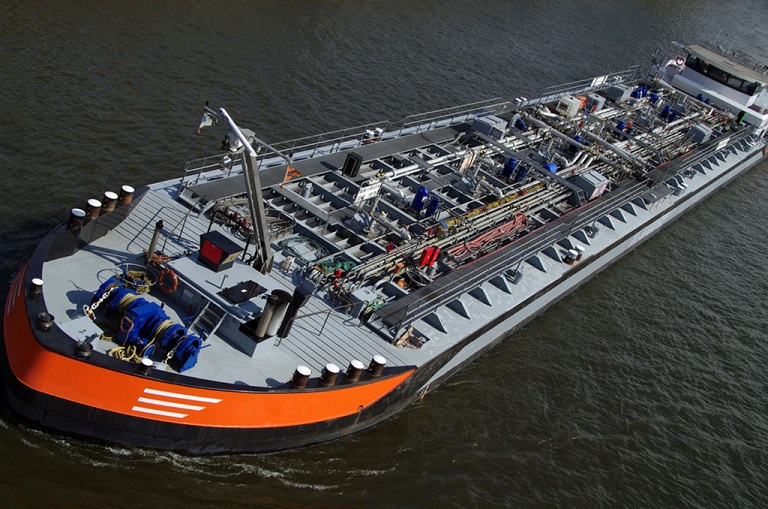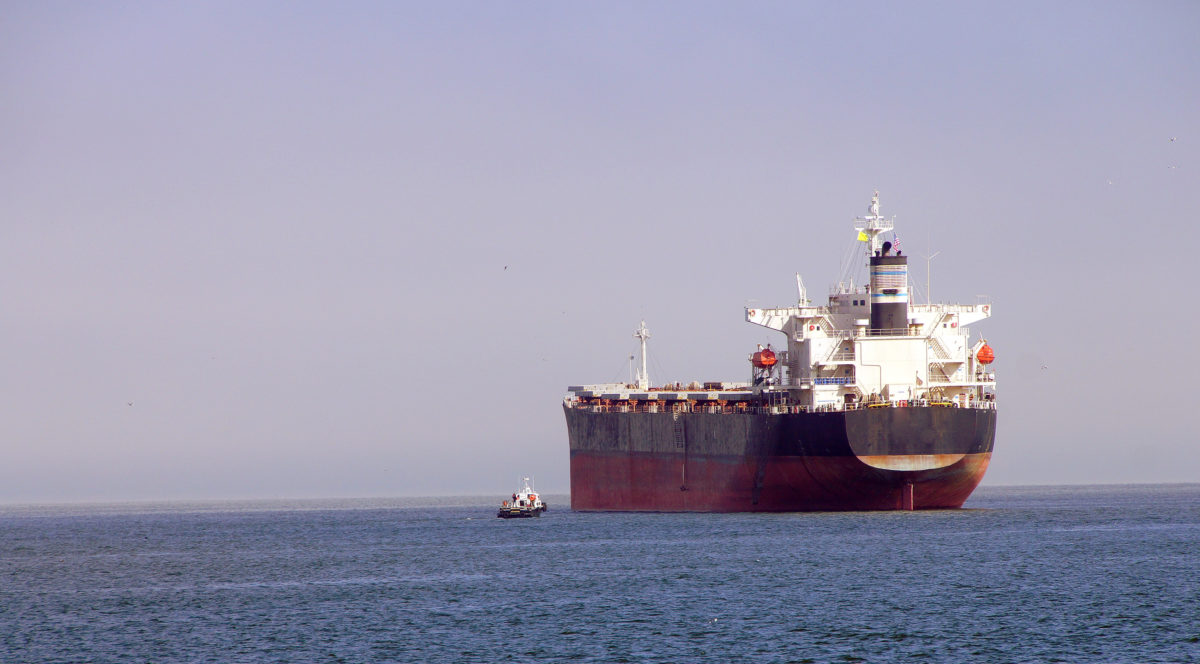27 December, 2019 (Argus) — The total volume of oil products held independently in storage in the Amsterdam-Rotterdam-Antwerp (ARA) area rose by around 6pc on the week, according to consultancy Insights Global.
Inventory levels of all products except jet kerosine rose on the week. The highest rise was seen in gasoline inventories, which rose by 23.3pc on the week to 994,000t, the highest since mid-October. Export interest remained low amid poor arbitrage economics to the US and west Africa, as well as the seasonal gasoline demand lull. Tankers arrived from the Baltic, France, Spain, and the UK, and departed for Brazil, the Mediterranean, and Saudi Arabia.
The next highest stockbuild was observed in naphtha inventories, which rose by 21.2pc on the week to 252,000t, amid low demand from petrochemical end-users in the ARA area and along the river Rhine. Most naphtha demand in the area is therefore more likely to be coming from gasoline blenders. Naphtha barge flows into the northwest European hinterland rose in early December in anticipation of a seasonal slowdown in trading activity, which depressed trading volumes during the week to yesterday. Tankers arrived in the ARA from Algeria, Denmark, Portugal and Russia.
Gasoil stocks were built by 1.1pc to 2.4mn t between 19 and 27 December and remain very close to their average of 2.42mn t over the preceding seven weeks. Cargoes arrived from India and the US, while several departed for France as the country’s refineries continued to be severely disrupted. Shipments of US diesel to Europe have been relatively sparse over the past few months, but arbitrage economics on the route are now improving.
Fuel oil stocks in the ARA hub rose by 6.7pc on the week to reach 923,000t, beginning to recover from a big 15pc draw in the previous week. Rising production of 0.5pc sulphur fuel oil ahead of the IMO 2020 global marine sulphur cap deadline on 1 January was probably the reason for the stockbuild, while economics for European high-sulphur fuel oil’s regular outlet in Singapore have been made unviable in recent months, which could be resulting in more product remaining in tanks. Fresh high-sulphur fuel oil imports from Russia drove stocks higher amid weak export demand, while tankers also arrived carrying fuel oil from the UK and Sweden.
Jet kerosine inventories fell by 3.8pc on the week to reach their lowest since the week 10 January. The drop in stocks was prompted by high demand in northwest Europe, in line with seasonal expectations. Tankers departed for the UK and Ireland, while no tankers were seen to have arrived into the area over the last week.




